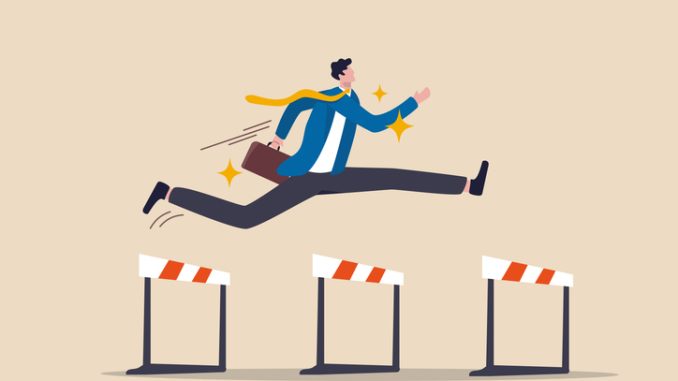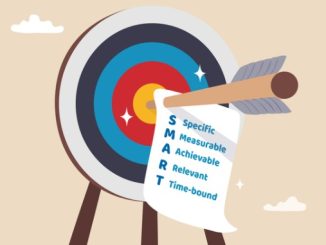
Have you ever set a new goal, like exercising regularly, but found yourself giving up after a few setbacks? If so, you might be dealing with low self-efficacy
CREDIT: This is an edited version of an article that originally appeared in Life Hacker
Self-efficacy is essentially the belief that you can succeed in a specific task or goal. It’s not just about having general confidence or being overly self-assured. Rather, it’s about believing in your ability to overcome challenges and stay committed to your path. For example, if you’re starting a fitness journey, self-efficacy means knowing that you can reach your goal despite obstacles, whether it’s a missed workout or a busy week. When you face a challenge, you see it as an opportunity to problem-solve rather than an insurmountable roadblock. You believe that you can find a way through it, and that sense of confidence drives you forward.
Adjust and Rearrange
A key element of self-efficacy is believing in your ability to control your actions and shape your environment. Take this example: if you’re aiming to complete a challenging project at work, you might face a setback, like a technical issue or missing a key deadline. But instead of giving up, you’d rearrange your schedule, ask for help if necessary and find a way to adjust. You see the setback as just a temporary issue to solve rather than a reason to quit.
Finding Your Champions
It’s important to remember that building self-efficacy doesn’t have to be a solo journey. One of the most effective ways to strengthen your belief in yourself is through the support of others. Think about how encouraging a friend or colleague can make you feel unstoppable. Similarly, find mentors, coaches, or role models who inspire you and help you see what you’re capable of. If someone you trust believes in your abilities, it’s easier for you to believe it too.
For example, you may look up to a seasoned colleague at work who’s successfully managed challenging projects. They’ve likely encountered their own obstacles along the way, but their journey can motivate you to believe that you, too, can handle the ups and downs. Even seeing someone closer to your level of experience reach a goal can be inspiring, because it shows that success is within your grasp.
Remember the Wins
Another important way to build self-efficacy is by drawing from past successes. This doesn’t just apply to large accomplishments but also to smaller wins along the way. Let’s say you’re training for a marathon. The first time you run three miles might seem daunting, but once you complete it, you’ve proven to yourself that you can build up your endurance.
The feeling of crossing that finish line after months of training can be incredibly empowering, and you can carry that confidence into future goals, knowing that you can push through obstacles and keep improving.
Self-efficacy is built through practice, persistence and support. Every time you prove to yourself that you can tackle a challenge – no matter how small – you strengthen your belief in your ability to reach new goals. So, the next time you’re tempted to give up, remind yourself of all the obstacles you’ve already overcome.


Be the first to comment